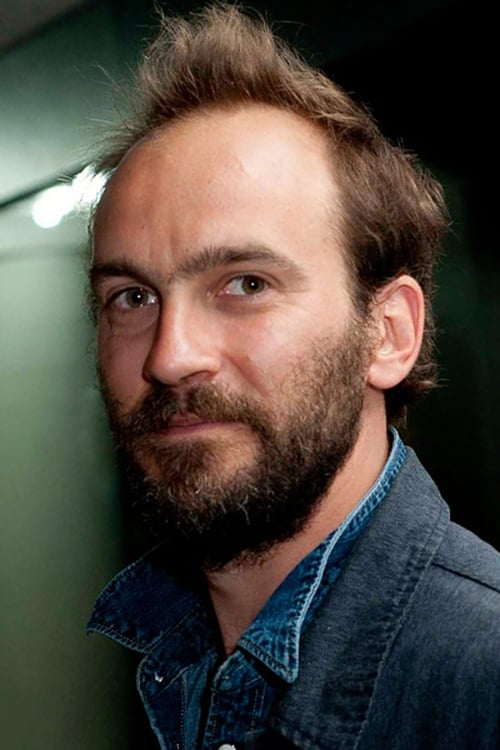Cielo (2017)
ジャンル : ドキュメンタリー
上映時間 : 1時間 18分
演出 : Alison McAlpine
シノプシス
The first feature from Alison McAlpine is a dialogue with the heavens—in this case, the heavens above the Andes and the Atacama Desert in northern Chile, where she alights on the desert- and mountain-dwelling astronomers, fishermen, miners, and cowboys who live their lives with reverence and awe for the skies.
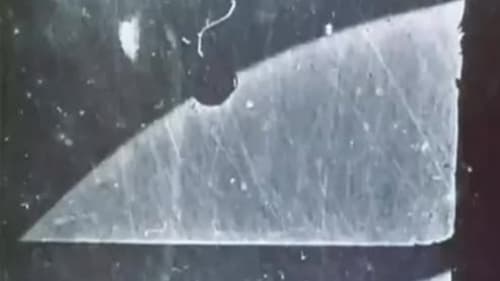
Photo sequence of the rare transit of Venus over the face of the Sun, one of the first chronophotographic sequences. In 1873, P.J.C. Janssen, or Pierre Jules César Janssen, invented the Photographic Revolver, which captured a series of images in a row. The device, automatic, produced images in a row without human intervention, being used to serve as photographic evidence of the passage of Venus before the Sun, in 1874.

In Chile's Atacama Desert, astronomers peer deep into the cosmos in search for answers concerning the origins of life. Nearby, a group of women sift through the sand searching for body parts of loved ones, dumped unceremoniously by Pinochet's regime.
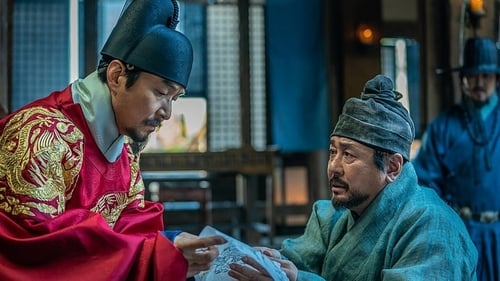
A true historical drama about King Sejong, the greatest ruler in Joseon history who sought to enhance national prosperity and military power through astronomy, and Jang Yeong-sil, the most remarkable scientist.

Stunning slow-motion and timelapse cinematography of the landscapes, people and wildlife of the American South West.

THE CITY DARK is a feature documentary about the loss of night. After moving to NYC from rural Maine, filmmaker Ian Cheney asks a simple question - do we need the stars? - taking him from Brooklyn to Mauna Kea, Paris, and beyond. Exploring the threat of killer asteroids in Hawaii, tracking hatching turtles along the Florida coast, and rescuing injured birds on Chicago streets, Cheney unravels the myriad implications of a globe glittering with lights - including increased breast cancer rates from exposure to light at night, and a generation of kids without a glimpse of the universe above. Featuring stunning astrophotography and a cast of eclectic scientists, THE CITY DARK is the definitive story of light pollution and the disappearing stars. Written by Wicked Delicate Films

This film tells the surprising story of how the Allegheny Observatory has been a world leader in the study of the stars since the 1860s. Self-educated, and often facing unrelenting hardships, the people associated with the Allegheny Observatory defied the odds to make enormous contributions to the founding of astrophysics and early aviation.

The people of the planet Aeon, blessed with six suns, have never experienced night. When an archeological excavation uncovers evidence of an ancient catastrophe, all signs point towards the impending darkness of the very first Nightfall. Panic erupts as the suns slowly disappear one by one. Science struggles against superstition as the people race to comprehend the approaching Nightfall... the end of the world as they know it. Based on Isaac Asimov's classic story "Nightfall," voted "The Greatest Science-Fiction Story OF All Time."

Nerdy Jewish Nelly Sue Edelmeister, daughter of a New York mother and Berlin musician in Berlin gets straight A's, except for gym. When she hears her dream prince, actual royal Edouard, a fellow astronomy buff who studies in Luxemburg, patronizes the basketball tournament hosted there by a European school she wants to join her school's girls team.
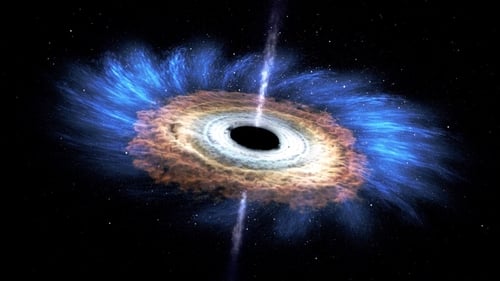
A team of international scientists attempt to document the first-ever image of a black hole.

Orson Welles — with contributions from scientists George Wald, Carl Sagan, and others — examines the possibility and implications of extraterrestrial life. In examining our perceptions of alien 'martians' from his "War of the Worlds" broadcast, to then-modern explorations of Mars, this film from NASA provides a unique glimpse at life on earth, and elsewhere in the universe.

Four exceptional astronomers celebrate 50 years of work and friendship on a return road trip in the southwestern United States, recapturing youthful adventures and recounting each other's influences on the most exciting period in astronomy’s history. Roger the instrument-maker, Donald the theoretician, Nick the visionary, and Wal the observer. Together they represent the most productive period astronomy has ever had. They helped build the world’s biggest observatories and made revolutionary discoveries about the evolving universe, discoveries that have the power to change the way humanity sees itself. Alison Rose’s film is a funny, insightful, humbling and intimate portrait of friendship, as the men reflect on how their profound work on the universe has reflected back on the individual, affecting their sense of religious faith, how life may have purpose, and what is knowable and unknowable.
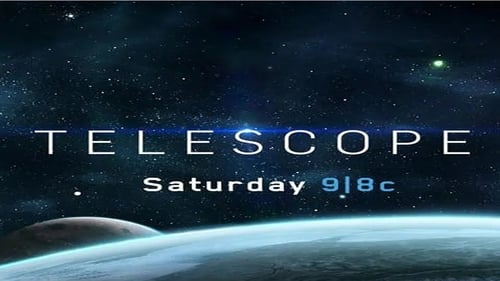
A history of the telescope and a look at the James Webb telescope, and at the universe through the eyes of scientists and telescopes since the beginning.

Shot on 16mm celluloid across parts of New Zealand and Samoa, interdisciplinary artist Sam Hamilton’s ten-part experimental magnum opus makes thought-provoking connections between life on Earth and the cosmos, and, ultimately, art and science. Structured around the ten most significant celestial bodies of the Milky Way, Apple Pie’s inquiry begins with the furthest point in our solar system, Pluto, as a lens back towards our home planet and the ‘mechanisms by which certain aspects of scientific knowledge are digested, appropriated and subsequently manifest within the general human complex’. Christopher Francis Schiel’s dry, functional narration brings a network of ideas about our existence into focus, while Hamilton’s visual tableaux, as an extension of his multifaceted practice, veer imaginatively between psychedelic imagery and performance art.
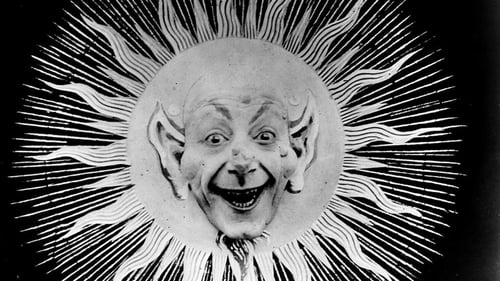
In this film, Méliès concocts a combination fairy- and morality tale about the foolishness of trying to look too deeply into the workings of an unstable and inscrutable universe. At a medieval school, an old astronomer begins to teach a class of young men, all armed with telescopes, about the art of scrutinising an imminent eclipse. When a mechanical clock strikes twelve, all the young men rush to the windows and fix their telescopes on the heavens.

This series also covers the essential concepts of astronomy: gravity, the light spectrum, Earth's magnetic field, the solar system, the sun, Kepler's Law, the universal law of gravitation, the Doppler Effect, and much more!

The first feature from Alison McAlpine is a dialogue with the heavens—in this case, the heavens above the Andes and the Atacama Desert in northern Chile, where she alights on the desert- and mountain-dwelling astronomers, fishermen, miners, and cowboys who live their lives with reverence and awe for the skies.
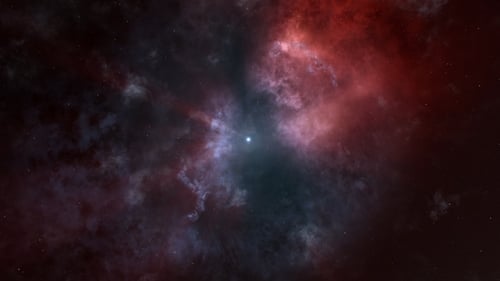
How's it all gonna end? This experience takes us on a journey to the end of time, trillions of years into the future, to discover what the fate of our planet and our universe may ultimately be. We start in 2019 and travel exponentially through time, witnessing the future of Earth, the death of the sun, the end of all stars, proton decay, zombie galaxies, possible future civilizations, exploding black holes, the effects of dark energy, alternate universes, the final fate of the cosmos - to name a few.

Cave paintings and lunar calendars exist in the caves and remains of prehistoric hunters studied recently. What if Prehistoric Man were clever enough to develop in depth scientific knowledge? As unlikely as it may seem, new data tend to prove that Prehistoric Man actually invented Astronomy!

A college football star falls for his mousy French tutor.
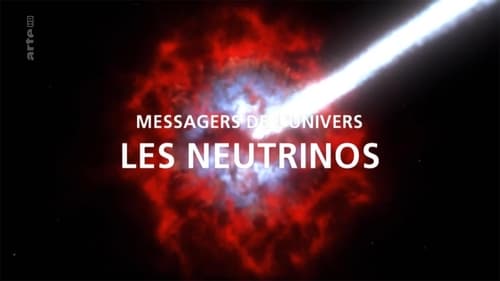
It is the birth of neutrino astronomy. For the first time, astrophysicists can detect extra-terrestrial neutrinos in ice on the South Pole. The fundamental questions of science remain unanswered., how did the universe come to be? What keeps our world together? The newly discovered extra-galactic neutrinos may hold the keys to answering these questions.


